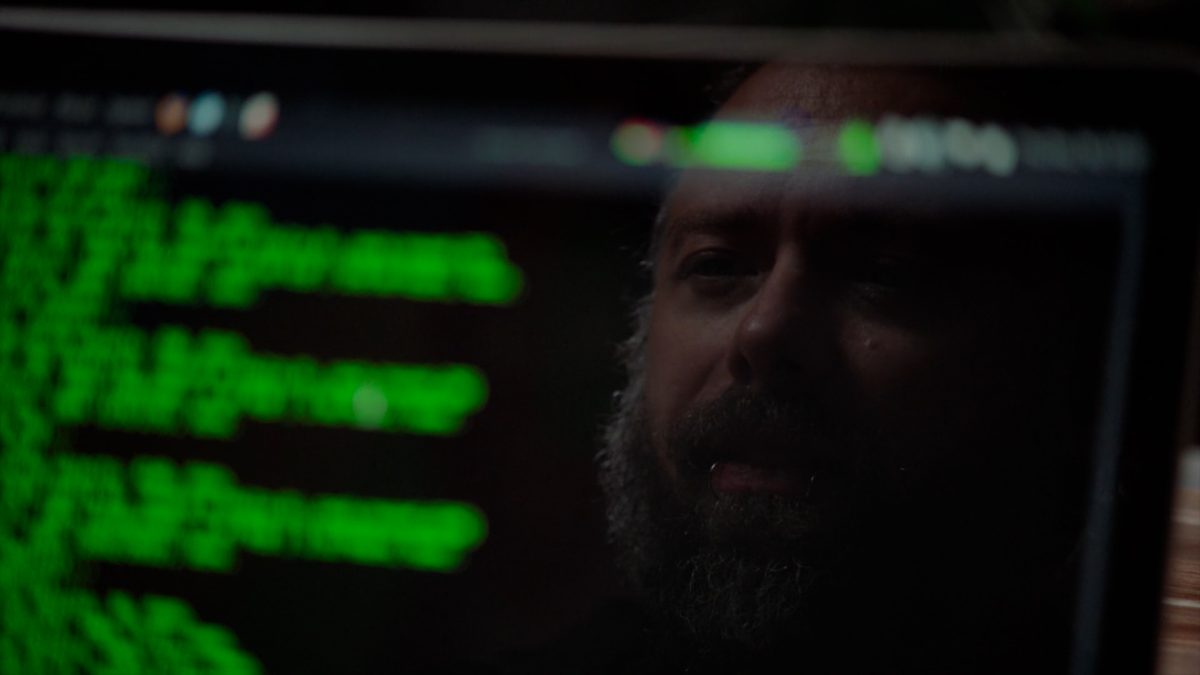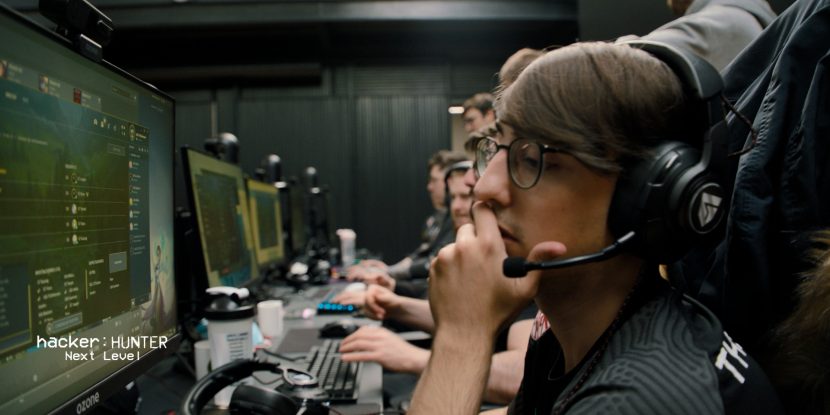
Tomorrow Unlocked’s latest video series in collaboration with Euronews, hacker:HUNTER The Kids, examines how and why children get into hacking – putting themselves at risk and doing much damage. Should these young hackers be treated like criminals? Or can they be rehabilitated and taught to use their hacking skills for good?
Watch the episodes:
1. Criminals in children’s rooms? How kids become hackers
One mom didn’t know her son was hacking until he had a gun delivered to the family home. Episode 1 explores how organized crime groups target children and groom them into cybercrime. We also follow the journey of a young hacker’s mother who now helps police address cybercrime by children.
2. How kids with little code skill do big, damaging hacks
Children don’t need much code skill to perform damaging cyberattacks. In episode 2, hear original testimony from a child hacker – a ‘script kiddie‘ or ‘skiddie:’ How and why he attacked his school, stealing and exposing private information.
But despite increasing damage from their hacks, experts think script kiddies shouldn’t be thrown in jail – instead, they could be nurtured to be future cyber leaders.
3. It started with innocent pranks. Now he faces life in prison.
A 14-year-old known as Omnipotent started one of the world’s most popular hacking forums, RaidForums. It began with innocent pranks on users of streaming service Twitch, but soon led to life-threatening hoaxes and selling stolen data.
Authorities long knew Omnipotent was Portuguese national Diogo Santos Coelho. Yet they didn’t arrest him until he was old enough to be tried as an adult. His case raises hard questions – could police have stopped crime if they’d intervened earlier?
4. How Dutch police put prevention first with young hackers
Hacking’s adrenaline rush can be addictive. If authorities intervene when they’re young, can black-hat (illegal) hackers gain a moral compass and learn to use their skills for good?
Netherlands’ National Police Corps focus on preventing cybercrime. Their unique programs RE_B00tCMP (Reboot Camp) and HACK_Right aim to send young hackers in a positive direction. Hacker GhostExodus, imprisoned for 11 years because of his illegal hacking as a young person, shares how he got back on track.
Subscribe to Tomorrow Unlocked on YouTube for more films about how tech is changing our world.
Experts in hacker:HUNTER The Kids
Waqas Ahmed, Cybersecurity Writer, HackRead Media.
Ben Cooper KC, specialist extradition lawyer.
Dr. Kelli Dunlap Clinical Psychologist and Game Designer.
Christian Funk, Head of GReAT, Kaspersky Germany.
Barbara Gemen, Parent and Cyber Special Volunteer with the Dutch National Police
GhostExodus, former black hat hacker turned humanitarian activist.
Floor Jansen, Team Lead, Cyber Offender Prevention Squad, Dutch Police.
Mike Jones, Security Researcher.
Marco Preuss, Director of GReAT, Kaspersky Europe.
Alexander Urbelis, Cybersecurity Lawyer, Crowell and Moring.
Jorik Van Maanen, student and RE_B00tCMP graduate.
Erik Van Oosbree, white-hat hacker and penetration tester.




